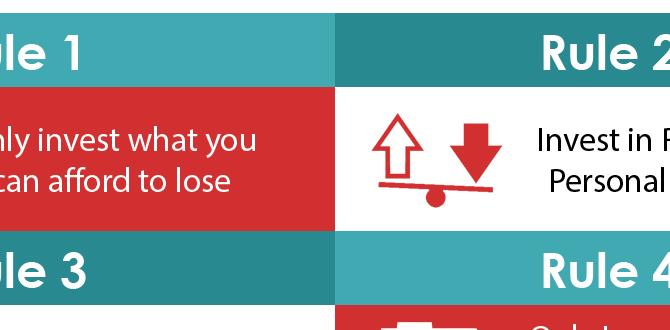In the world of finance, investing is a key way to grow wealth over time. By putting your money into various types of assets, you have the potential to earn returns that outpace inflation and maximize your financial resources. In this comprehensive guide, I will delve into the benefits of investing, different types of investments, effective strategies to consider, risks to be aware of, and tips for successful investing.
Benefits of Investing
Potential for high returns
One of the primary benefits of investing is the potential for high returns. When you invest your money in assets such as stocks, bonds, or real estate, you have the opportunity to earn significant profits over the long term.
Types of Investments

Stocks
Stocks represent ownership in a company and can offer substantial returns if the company performs well. They can be volatile but have the potential for high growth.
Bonds
Bonds are fixed-income securities issued by governments or corporations. They provide regular interest payments and return the principal amount at maturity, offering more stability compared to stocks.
Real Estate
Investing in real estate involves purchasing properties to generate rental income or capital appreciation. It can provide a steady income stream and potential for long-term growth.
Investment Strategies
Diversification
Diversification involves spreading your investments across different asset classes to reduce risk. By not putting all your eggs in one basket, you can protect your portfolio from market downturns.
Dollar-cost averaging
Dollar-cost averaging is a strategy where you invest a fixed amount of money at regular intervals, regardless of market conditions. This approach helps mitigate the impact of market volatility on your investments.
Risks to Consider

Market Fluctuations
Market fluctuations can cause the value of your investments to rise and fall unexpectedly. It’s essential to have a long-term perspective and not react impulsively to short-term market movements.
Inflation
Inflation can erode the purchasing power of your money over time. By investing in assets that outpace inflation, such as stocks or real estate, you can protect and grow your wealth.
Tips for Successful Investing

Start Early
Time is a powerful ally in investing due to the compounding effect. The earlier you start investing, the more time your money has to grow and multiply. Take advantage of the power of compounding by starting early.
Do Your Research
Before making any investment decisions, it’s crucial to conduct thorough research. Understand the investment options available to you, assess your risk tolerance, and create a well-thought-out investment plan tailored to your financial goals.
Conclusion
Investing is a powerful tool for building wealth and achieving financial goals. By understanding the benefits, different types of investments, effective strategies, risks, and tips for success, you can embark on your investment journey with confidence. Remember, investing requires patience, discipline, and a long-term perspective. Start investing wisely today and watch your money grow over time.
Frequently Asked Questions
Q: How much money do I need to start investing?
A: The amount needed to start investing can vary depending on the type of investment. Some platforms allow you to start with as little as $100, while others may require larger initial investments. It’s essential to research and find the best investment option that aligns with your budget.
Q: How can I mitigate investment risks?
A: Diversification is a key strategy to mitigate investment risks. By spreading your investments across different asset classes, you can minimize the impact of market fluctuations on your portfolio. Additionally, staying informed, monitoring your investments regularly, and having a well-defined investment plan can help reduce risks.
Q: Is it better to invest for the short term or long term?
A: The decision to invest for the short term or long term depends on your financial goals, risk tolerance, and investment timeline. While short-term investments can provide quick returns, long-term investments typically offer more stable growth potential. It’s important to align your investment strategy with your objectives and timeframe.
Q: Should I consult a financial advisor before investing?
A: Consulting a financial advisor can provide valuable insights and guidance tailored to your specific financial situation. An advisor can help you assess your risk tolerance, create an investment plan, and make informed decisions to optimize your investment portfolio. Consider seeking professional advice to enhance your investment strategy.
Q: How often should I review my investment portfolio?
A: It’s advisable to review your investment portfolio regularly, ideally at least once a year. Monitoring your investments allows you to assess performance, rebalance your portfolio if needed, and make adjustments based on changes in your financial situation or market conditions. Regular reviews help ensure that your investment strategy remains aligned with your goals.